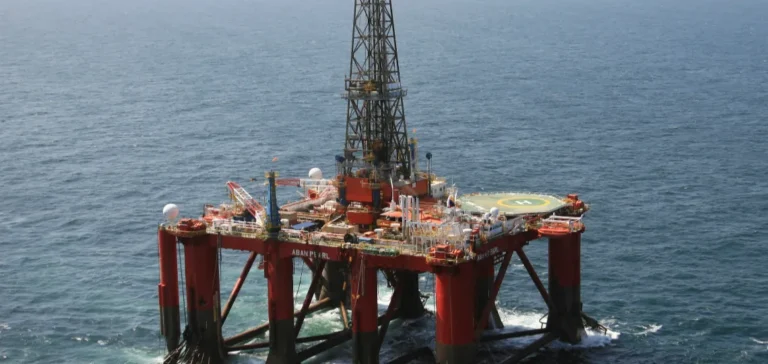The government of Trinidad and Tobago has received a licence from the United States Department of the Treasury to proceed with the exploration of the Dragon gas field located in Venezuelan waters. This authorisation, issued by the Office of Foreign Assets Control (Ofac), marks a significant exemption from U.S. sanctions restricting energy-related activities involving Venezuela.
Attorney General John Jeremie confirmed that the licence now allows the government and the National Gas Company (NGC) to engage in official talks with Venezuela. The aim is to advance the implementation of the Dragon Gas project, which is viewed as essential to support Trinidad’s energy sector.
A regulatory framework adjusted for regional energy
The Dragon field holds an estimated 120 billion cubic metres of natural gas. Its development had been suspended following Washington’s revocation in April of several exploration and production licences in Venezuela. Ofac’s new decision represents a targeted adjustment of U.S. regulatory policy in the region, following a waiver granted to Chevron in July.
“There was no licence three days ago; today there is one. The Dragon agreement project has come to life,” said Jeremie. The Trinidadian government now plans to finalise technical and commercial agreements with its partners, including Shell, ensuring the project complies with U.S. legal requirements.
A project under diplomatic pressure
This decision comes amid regional tensions marked by the deployment of U.S. forces in the southern Caribbean. Eight warships and a nuclear-powered submarine have been stationed off the Venezuelan coast as part of anti-narcotics operations. While this military presence has been welcomed by Port of Spain, Caracas has viewed it as a hostile manoeuvre.
Prime Minister Kamla Persad-Bissessar expressed support for the U.S. presence and met with Secretary of State Marco Rubio to discuss bilateral energy and security relations. During her address at the United Nations, she praised “the effectiveness of the U.S. presence in curbing cartel activities in our region.”
Economic and regulatory outlook
As the Caribbean’s second-largest gas producer, Trinidad and Tobago seeks to strengthen energy security and revive its economy, which has been weakened by a prolonged recession. Approximately 20% of its population lives below the poverty line, and the development of the Dragon field represents a strategic opportunity to boost liquefied natural gas (LNG) exports.
Upcoming discussions between Port of Spain, Caracas and industrial partners are expected to be decisive in legally framing the project’s restart. The Dragon project could become a model of regional cooperation governed by strict U.S. regulations, while contributing to reshaping the Caribbean’s energy landscape.






















